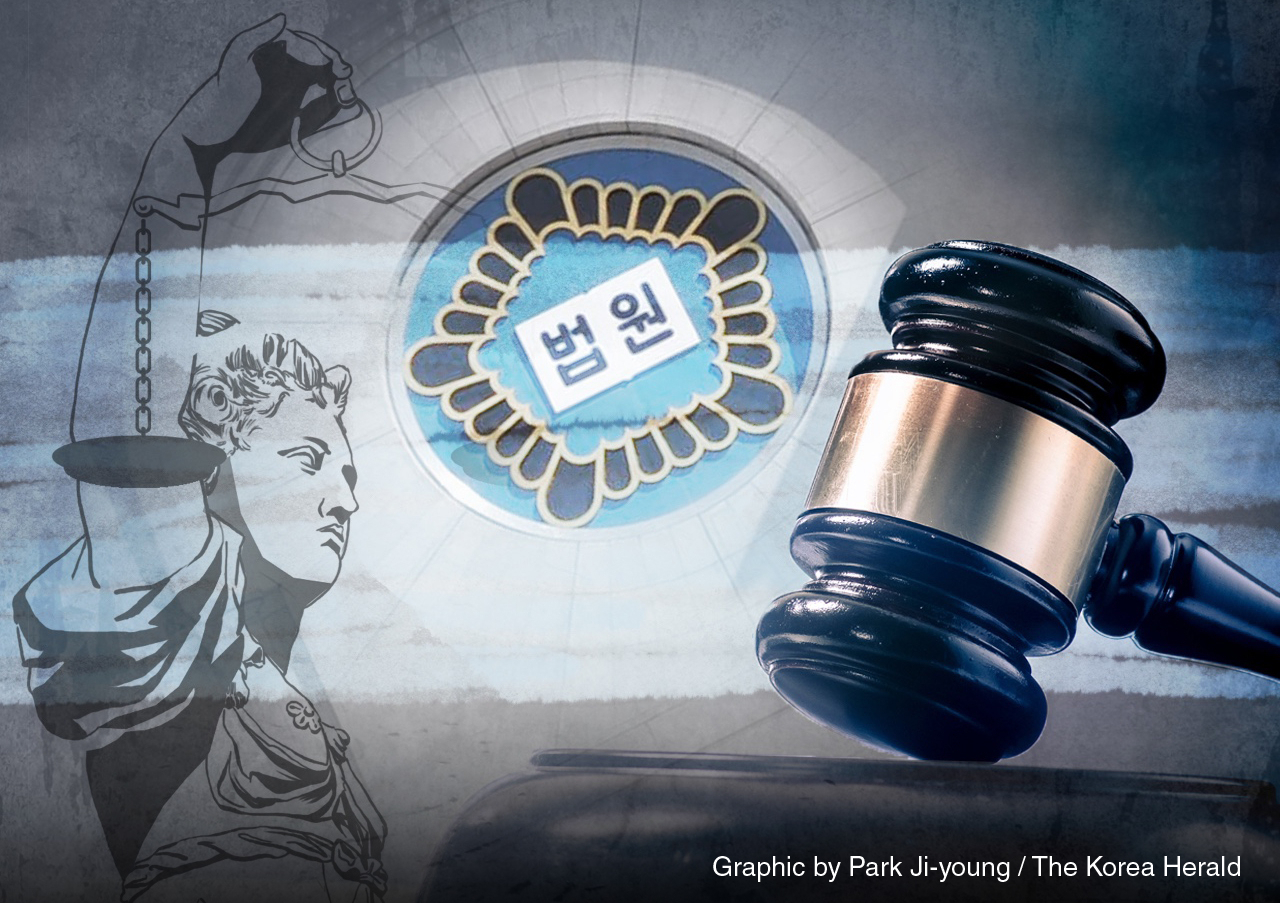Carbon neutrality law violates basic rights: Constitutional Court

South Korea's carbon neutrality law does not conform with the Constitution because the absence of post-2030 targets violates the basic rights of the people, the Constitutional Court ruled Thursday.
In a unanimous decision on Thursday, the court ruled that first paragraph of Article 8 of the country's Framework Act on Carbon Neutrality and Green Growth for Coping with Climate Crisis is unconstitutional. This marks the first court decision in Asia to recognize an inadequate climate response as an infringement of basic rights.
The law stipulates in the clause in question that the government shall set a national medium- and long-term greenhouse gas emissions reduction target to reduce national greenhouse gas emissions by a ratio prescribed by presidential decree to the extent of not less than 35 percent from the 2018 levels by 2030. The government has also vowed to cut national greenhouse gas emissions by 40 percent by 2030 compared to 2018 levels, but it lacks targets beyond that date.
The decision follows the adjudication of four climate cases initiated by hundreds of plaintiffs beginning in 2020. These plaintiffs argued that the current goal — cutting emissions by 40 percent from 2018 levels by 2030 — lacks sufficient implementation plans and fails to establish post-2030 emissions reduction plans, despite the goal of carbon neutrality by 2050. They claim this deficiency potentially infringes upon their human rights by leaving them vulnerable to future environmental deterioration and climate-related harm.
The court said the government's planned response to climate change for the years 2031 to 2049 is inadequate and infringes on the basic rights of the South Korean people.
Following the decision of constitutional nonconformity, the concerned legal provision will remain in effect only until Feb. 28, 2026. The government and the National Assembly have been ordered to amend the carbon neutrality law by that date to establish stronger climate measures and include precise strategies for emissions reduction from 2031 to 2049.
However, the court ruled that the government's goals for reducing greenhouse gas emissions by 2030 do not violate the Constitution, indicating there is no need to revise the 2030 targets.
This ruling, the first of its kind in Asia, potentially sets a precedent for climate-related legal actions in the region, according to legal experts.
本文地址:http://x.zzzogryeb.bond/html/50d699948.html
版权声明
本文仅代表作者观点,不代表本站立场。
本文系作者授权发表,未经许可,不得转载。